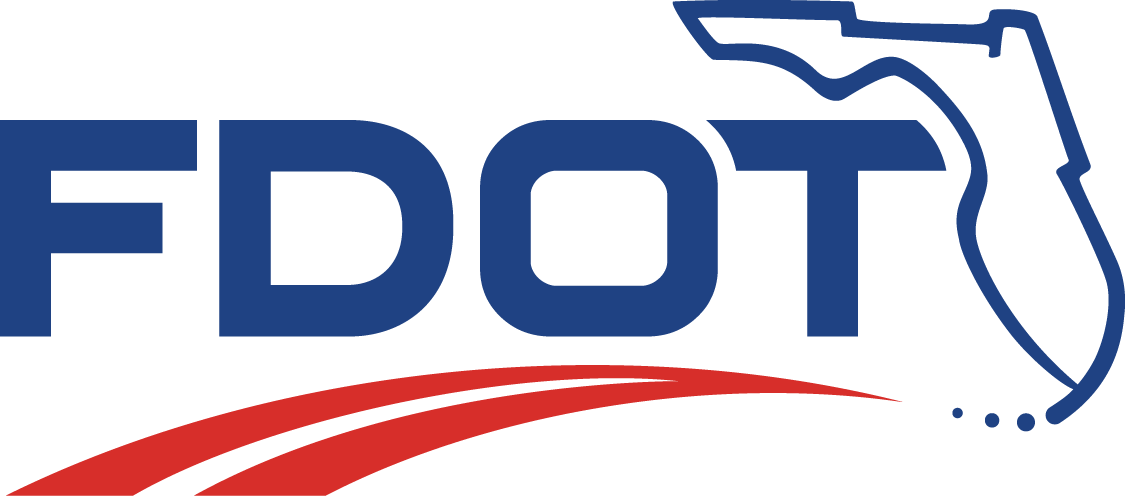Probes
This project is being conducted to determine the feasibility of using probes for data collection to support advanced traveler information systems, traffic monitoring and performance measurement. The study consists of a review of existing work that has been conducted nationally and recommendations for evaluation in Florida. Three types of technologies will be evaluated.
- Electronic toll collection transponders such as Florida's SunPass or E-Z Pass (Orlando Orange County Expressway) —
- There are currently more than 750,000 SunPass compatible transponders in use in Florida.
- More information on SunPass is available at http://www.Sunpass.com/.
The HELP Inc./PrePass program (for commercial vehicle operators) also operates within Florida. The PrePass program is currently not compatible with SunPass and has much less coverage; however, opportunities for assessing transponder data from The HELP Inc/PrePass systems will be evaluated. Field studies will be conducted to test the use of portable roadside readers to use transponders as probes and to determine if sufficient coverage (in terms of the percentage of vehicles and the geographic spread) exists to deploy permanent readers. These readers can be used to identify and match transponders' identification to estimate speeds and travel times. The advantages of the technology include the ability to collect running speeds and possibly origin/destination data if a reasonable number of transponders and readers are available.
- Cellular/PCS location pattern matching technology —
The Federal Communication Commission is requiring geo-locatable cellular phones within 100 meters by October 2001 to be able to respond to emergency calls. Test studies of the use of this data are currently being performed along I-95 in Washington, DC and Maryland. The communications infrastructure available with this technology and wide-spread acceptance of cellular/PCS phones is very attractive as a long-term potential source of trip-based data. The challenges associated with this technology include a perception of loss of privacy and the requirement for any cellular/PCS phone involved in the study to be "powered-on".
- Global Positioning Systems (GPS) technology as probe vehicles —
Handheld GPS devices can also be used for probe vehicle data collection. This technology is well known and has been applied on limited basis in major metropolitan areas and in corridor studies. This technology has strong short-term potential as a data
collection technique for corridor studies. When combined with volume and classification detection systems, GPS offers a proven technology for use in ITS.
The study will also evaluate the institutional and legislative barriers to using
this technology. Recent cases of private enforcement of traffic laws involving American Rental Car (speed enforcement) and Lockheed Martin (red-light running) have prompted a legislative backlash that includes the Location Privacy Act that was recently
introduced to Congress by Senator Edwards. The Location Privacy Protection Act seeks to protect consumers from marketers who want to use technology to track individuals' whereabouts and sell the information without their permission. This Act may limit
the potential use of these technologies to create probe vehicles without express written permission of the vehicle operator. However, from a technology standpoint they show tremendous promise.
- Technical Memorandum No. 1 - Innovative Traffic Data Collection — This document provides an analysis of a number of innovative methods for collecting traffic sensor data and their potential applications in Florida.
- Technical Memorandum No. 2 - Innovative Traffic Data Collection — Final Document
- Technical Memorandum No. 3 - Probe Data Analysis — Evaluation of NAVTEQ, TrafficCast, and INRIX Travel Time System Data in the Tallahassee Region
For additional information, please contact James Landini at James.Landini@dot.state.fl.us.

